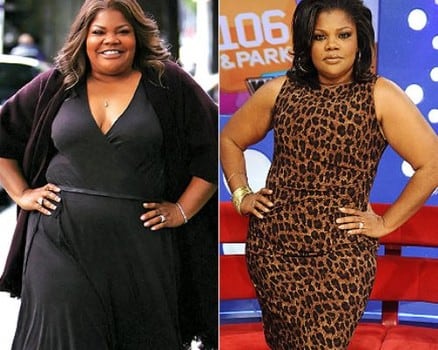
Early puberty and extra weight can contribute to breast cancer later in life. (Photo: Stockbyte/Getty Images)
A new study shows yet another reason to fight the high rates of childhood obesity among black girls — the excess weight may increase the risk of triple negative breast cancer in adulthood.The research is the latest work from the Amber Project, a multicenter collaborative research effort designed to conduct research to improve the treatment and understanding of breast cancer in black women.
The Amber team analyzed data from 4,426 African-American women and found that girls who start to menstruate before age 13 (early menarch) were more likely to develop triple negative breast cancer (also called estrogen-receptor negative breast cancer), an aggressive form of the disease more likely to occur in black women as young as in their 30s.
“It is known that exposures, such as ionizing radiation, have a great impact on the risk of women who are later diagnosed with breast cancer if the exposure occurs during puberty, a time when breast cells appear to be extremely sensitive,” said Christine Ambrosone, Ph.D., professor and chair of the Department of Cancer Prevention and Control at Roswell Park Cancer Institute, lead author of the study.
Therefore, Ambrosone explained, “it is possible that early age at menarche could play a role in the disproportionate number of estrogen-receptor-negative breast cancers diagnosed in African-American women.” Women who go into puberty after age 13 had lower levels of triple negative or estrogen-receptor negative breast cancer.
The Obesity Connection
Many biological factors combine to determine the age a young girl gets her first period. Yet several studies suggest that girls who are overweight or obese are significantly more likely to experience early menarche. The research is of particular concern in the fight against aggressive breast cancer in black women, because more than 36 percent of African-American girls are overweight or obese.
In reference to the new study, Julie Palmer, ScD, professor of epidemiology at the Slone Epidemiology Center at Boston University, an Amber Project researcher and co-leader of the Black Women’s Health Study, said: “These analyses are from the largest study of breast cancer in African-American women, to date. The Amber consortium used rich epidemiological data and information about breast cancer subgroups, and included women from across the United States. Therefore, we believe the findings from the study are generalizable to most African-American women.”
Want to lose weight and keep it off? Make the scale your best friend. A two-year study, conducted at Cornell University, found that weighing in weekly and tracking your results in a journal or spreadsheet was the trick to maintaining weight loss.








